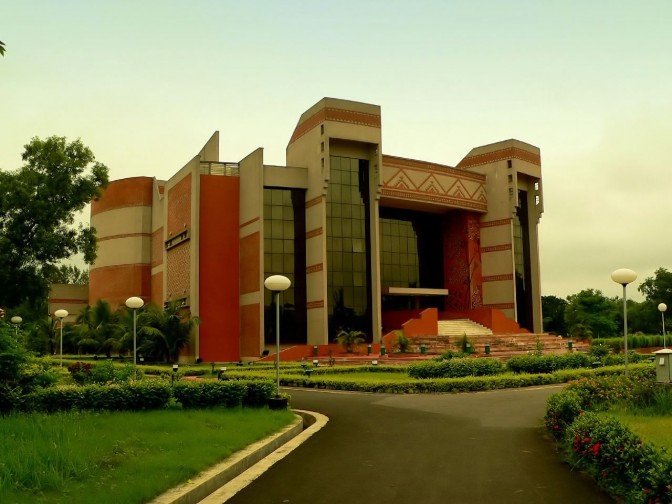
An interesting yet significant deal took place in the Indian stationary market: Japanese stationary and furniture major Kokuyo acquiring 50.3% stake in Indian stationary major Camlin in a deal valued at INR 360 crores. The shares will be acquired in three phases: 10 % stake through a preferential allotment of INR 85 per share, a 20.3% stake at INR 110 per share from the promoters and an open offer of upto 20% stake at INR 110 per share. The deal is extremely significant and values Camlin at 2.2 times of its 2010 sales. Let us analyze what it holds for the two companies.
About the two entities:
Kokuyo Co. Ltd: Established in 1905 by Zentaro Kuroda( Trademark Kokuyo established in 1917), this 3.2 Billion USD turnover furniture and stationary giant has operations in Japan, China, India, Vietnam, Malaysia, Hong Kong, Thailand and UK. The company is listed in the Tokyo Stock exchange, Osaka Securities exchange and Nagoya Stock exchange.
Camlin : The company was incorporated as a private limited company in 1946 and later listed as a public limited company in 1988, it currently has 6 lac shares of face value INR 1. The company has 3 units in Maharashtra and 1 in Jammu and is listed in the Bombay Stock Exchange(BSE) and National Stock Exchange(NSE). The company had distribution networks in India, Sri Lanka, Bangladesh, West Asia, North Africa and Russia and is promoted by the Dandekar family. It had sales of INR 330.68 crores in the financial year 2010-2011 and has over 2000 products in its portfolio.
Have the two companies worked together before: Camlin has been marketing Kokuyo notebooks in India for the last one and a half year. In fact, this was cited as one of the main reasons of accepting the offer from Kokuyo as the two companies have worked together before.
What else is part of the deal: Three sections of the Dandekar family will leave the business reducing the stake of the promoter from 38% at the moment to 13.5% which will be owned by Camlin promoters Shriram and Dilip Dandekar. After the deal is completed, Kokuyo Co. Ltd. will appoint four members in Board and Shriram and Dilip Dandekar will continue in non executive roles with the latter being the non-executive Chairman. The deal is interesting in another aspect: As long as the Dandekar family remains a shareholder it will have a put option. However, Kokuyo will not have call option. What this means is Kokuyo will not be able to buy additional shares from the Dandekar family.
What the deal holds for both the companies?
1. The Indian stationary market is valued at 2.2 billion USD and is expected to grow at a rate of 25%. Of this the Notebook market alone is worth at Rs. 4000 crores. Hence the aspiration of Kokuyo to enter the market.
2. New and diversified products in the 150,000 stores distribution network of Camlin.
3. Manufacturing hubs in both China(Kokuyo) and India( Camlin)
4. Access to the strong distribution network of Kokuyo in China and Vietnam to Camlin products
5. Complete solution for office and schools in the portfolio: from furnitures to stationary.
Market Reactions: Camlin share traded at a 52 week high of INR 85.90 when the news of the deal broke out on 30 May 2011( It closed at 74.75 at day end on June 10,2011) . Camlin will also get access to robust new technology that will help it upgrade its manufacturing facilities. The timing of the deal is significant as it comes at a time when Camlin’s tradional rivals have looked at consolidation. For instance Hindustan Pencils now control two-thirds of the pencil market with its Apsara and Natraj Brands also ITC, Cello and Reynolds have looked at diversifying their product range. The strong brand equity of Camlin along with a strategic partner like Kokuyo is perhaps what was needed to take it to the second level of growth according to various analysts. However, while it does have all the makings of a blissful marriage, what remains to be seen is whether the bliss remains between the Dandekars and Kokuyo group in the long run.
You might like reading:

How to crack CAT and study in an IIM ?
It doesn’t take an Einstein’s brain to crack CAT and secure 95+ percentile. There will be many people around you telling either of these three statements: CAT needs practice, more than just brains. Work hard on your coaching institute’s material and give lots of mock tests. CAT is all about luck, even the best candidates don’t clear on the D-day […]

IIM Calcutta Placements 2015: Finance Sector sees 100+ Offers
IIM Calcutta has successfully closed the placements for the MBA class of 2015 within 2.5 days. Known as one of the finest B-schools in the country, IIM Calcutta once again proved its mettle when it came to stellar placements. Roles & Recruiters BFSI 100+ offers were made by the BFSI Sector. 22 front-end Investment Banking/PE/VC roles. Exclusive roles were offered by […]






























